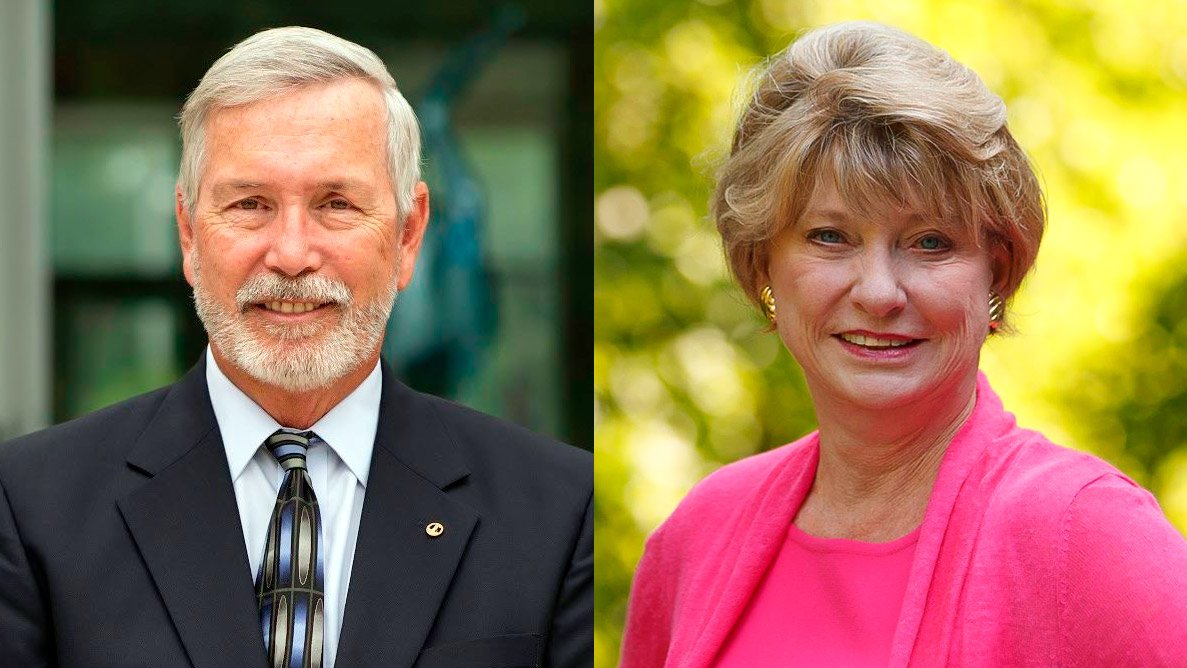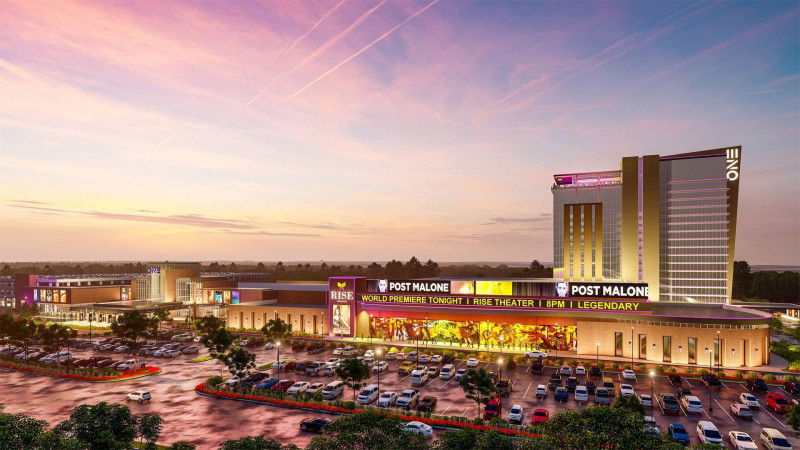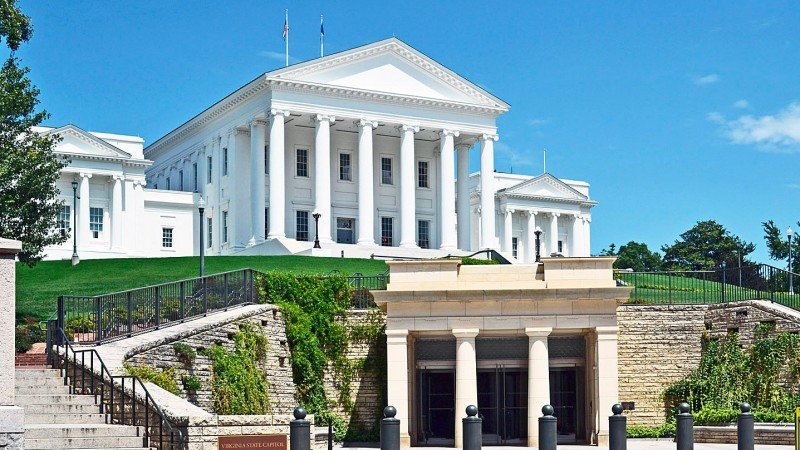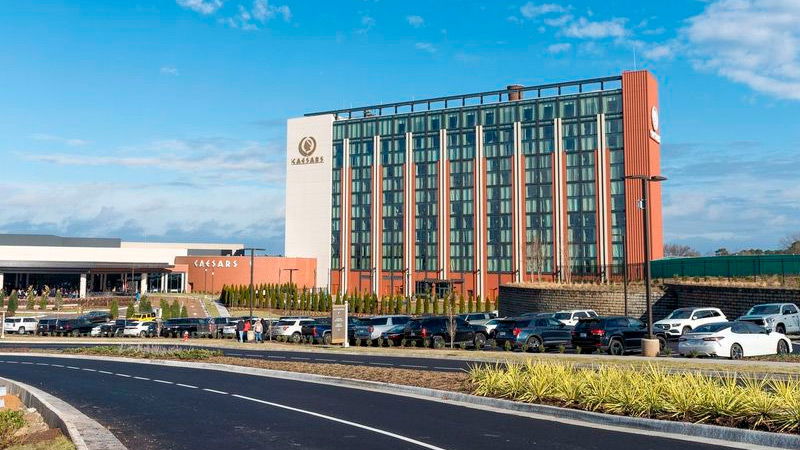Virginia's budget deal clears Richmond's second casino referendum but ties licensing to legislative study on Petersburg's rival bid

The leaders of Virginia's Senate Finance and Appropriations and House Appropriations committees confirmed Friday that the new state budget agreement they partially unveiled on Thursday includes language that would delay state licensing of a proposed casino in South Richmond even if voters approve it in November's second referendum on the matter. That's because the new budget deal would not allow the Virginia Lottery to license the facility if it’s approved until after the completion of a legislative study of a potential rival site in Petersburg.
The Senate had included a prohibition against a second Richmond casino referendum in its version of the budget this winter. Budget negotiators changed tactics after a Richmond judge approved putting the referendum on the ballot for city voters who rejected the ONE Casino + Resort project last year by a narrow margin.

House Appropriations Chair Barry Knight said: “They can have a referendum if they want to, but we just won’t agree to issue the license,” Richmond Times-Dispatch reports. He was one of the sponsors of legislation two years ago that allowed referendums on legalized casino gaming in five cities, including Richmond.
Voters approved referendums in 2020 to allow casinos in Norfolk, Portsmouth, Danville and Bristol, but the new state law allowed Richmond to wait a year to undergo a competitive solicitation process to choose an operator for a casino resort. Last year, Richmond selected ONE Casino + Resort to develop a $565 million gaming and entertainment complex on 100 acres at Walmsley Boulevard next to Interstate 95 in South Richmond. Urban One, a Black-owned media company based in Silver Spring, Md., would lead the project. Peninsula Pacific Entertainment (P2E), the owner of Colonial Downs horse track and a widening network of Rosie’s Gaming Emporiums, would operate the casino.
After the rejection, Mayor Levar Stoney and the Richmond City Council decided in January to seek a second referendum, which the state law neither prohibited nor expressly allowed. Sen. Joe Morrissey, D-Richmond, who lost to Stoney in the 2016 mayoral race, opposed the second referendum and pushed instead to allow a potential casino resort in Petersburg, part of the Senate district that elected him in 2019.

Morrisey persuaded Senate Finance leaders to include a provision in the proposed budget it adopted in February that would direct the Joint Legislative Audit and Review Commission to study the viability of a casino resort in Petersburg. A second provision in the proposed Senate version of the budget had expressly prohibited a second casino referendum in Richmond until November 2023 to allow JLARC to finish the study. A month later, Circuit Court Judge W. Reilly Marchant ordered the casino added to the ballot at the request of the mayor and the council.
Morrissey said Friday that he was not aware of a change in the casino provisions in the new budget agreement, but added, “I think it probably accomplishes the same thing,” Richmond Times-Dispatch reports. He promised to propose legislation in the General Assembly next year to let Petersburg apply for a license to develop and operate a casino, subsequent to completion of the JLARC study.
Knight and Senate Finance Chair Janet Howell announced Thursday that they had reached a budget agreement, but declined to say whether it addressed casinos or other gaming issues, such as a state ban on electronic skill games that a judge in Greensville County had blocked in December. Both leaders also confirmed Friday that the budget compromise would delay state licensing of a casino project in Richmond for a year, but not a second referendum.
The assembly is scheduled to convene Wednesday to vote on a revised budget for the current fiscal year and a new budget for the two years beginning July 1. The budget leaders did not say how the proposed budget addresses the legality of skill games, also known as “gray machines” because of an ongoing dispute over whether the machines are legal because they allegedly allow people to win through skill rather than by chance.
Howell, one of the primary sponsors of the state ban, said Friday: “We’re trying to keep the ban and there is language going into the budget about it.” She said committee staffers were continuing to work on the proposed language.
















